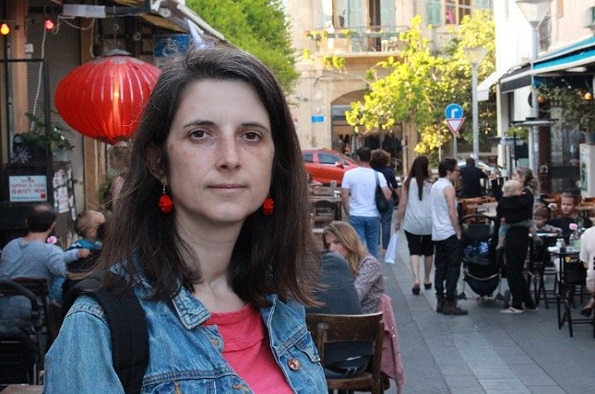
The role of natural transposable element insertions in stress response
- Andrea Betancourt
- Suitable for: Staff and students with an interest in Behaviour, Evolution, Ecology and Microbiology
- Admission: Free
Add this event to my calendar
Click on "Create a calendar file" and your browser will download a .ics file for this event.
Microsoft Outlook: Download the file, double-click it to open it in Outlook, then click on "Save & Close" to save it to your calendar. If that doesn't work go into Outlook, click on the File tab, then on Open & Export, then Open Calendar. Select your .ics file then click on "Save & Close".
Google Calendar: download the file, then go into your calendar. On the left where it says "Other calendars" click on the arrow icon and then click on Import calendar. Click on Browse and select the .ics file, then click on Import.
Apple Calendar: The file may open automatically with an option to save it to your calendar. If not, download the file, then you can either drag it to Calendar or import the file by going to File >Import > Import and choosing the .ics file.
Transposable elements are ubiquitous, abundant, and active components of genomes. Although most of the mutations caused by transposable elements are likely deleterious or neutral, adaptive mutations caused by transposable elements have also been identified. Our lab focuses on elucidating the role of transposable elements in adaptation at a genome-wide scale. We have used a computational pipeline to estimate population frequencies of reference transposable elements in 303 individual genome sequences and 83 pool-sequenced samples, collected from 60 worldwide natural Drosophila melanogaster populations. Taking into account the age and length of the insertions, and the evidence of selection in their flanking regions, we identified a subset of 300 polymorphic TEs likely to play a role in adaptation. Interestingly, a proportion of these insertions are located nearby stress-related genes. We thus investigated the role of transposable element insertions in adding transcription factor binding sites related to six stress responses. We are currently generating new Drosophila melanogaster reference genomes from several European populations to extend our analysis to non-reference transposable elements.
